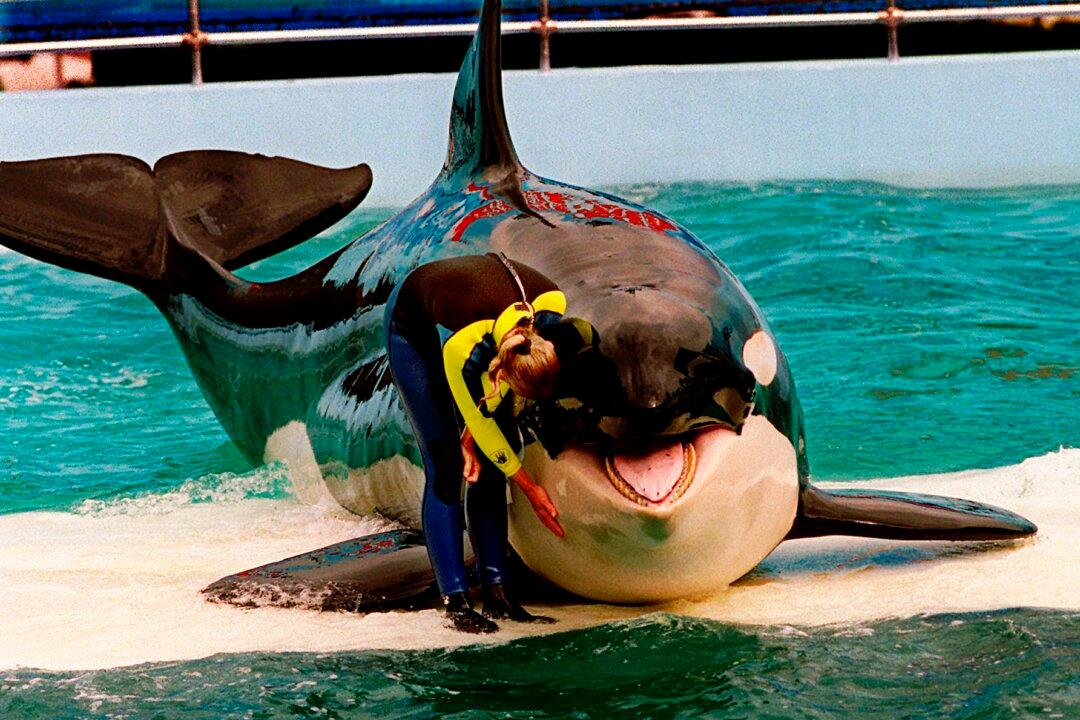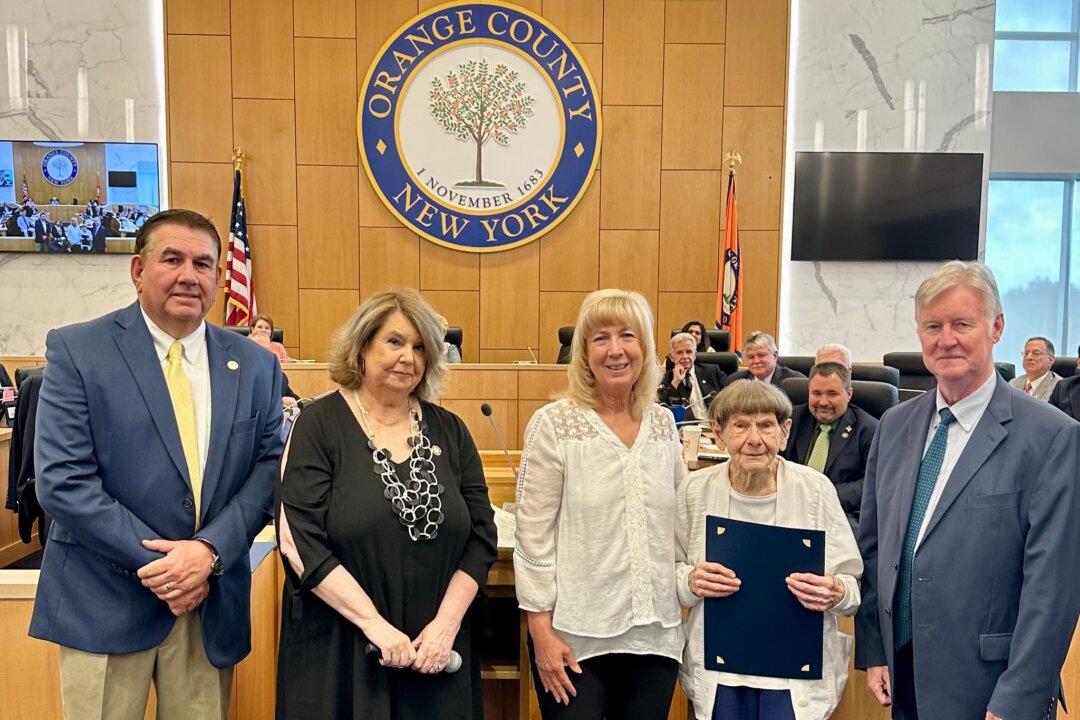MIAMI—The new owners of the Miami Seaquarium will no longer stage shows with its aging orca Lolita under an agreement with federal regulators.
MS Leisure, a subsidiary of The Dolphin Company, said as it announced the completion of its Seaquarium acquisition that Lolita and a companion white-sided dolphin Lii will no longer be exhibited under its new license with the U.S. Department of Agriculture.





